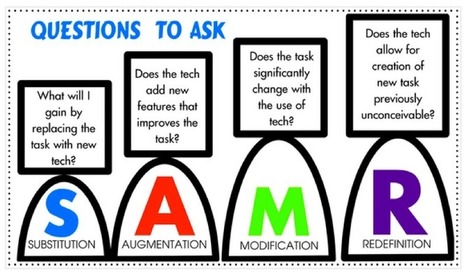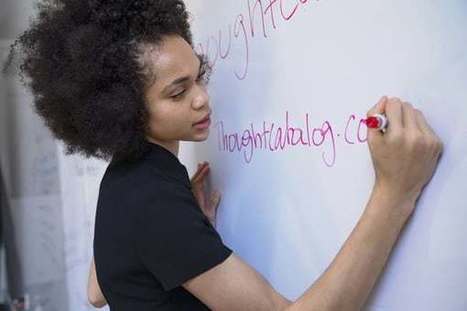Three different schools, in three different states, in a matter of two weeks.
I got the same question.
“How can I use Flipgrid in my class?”
“Have you tried this with Flipgrid?”
“Oooh, this would be perfect with Flipgrid!”
It seems that Flipgrid has teachers and school leaders around the country (and world) excited to use its product for learning purposes.
But, last summer I was bombarded with the same questions about Formative and Google Classroom.
Before that, it was PearDeck and Nearpod.
Via Elizabeth E Charles



 Your new post is loading...
Your new post is loading...











